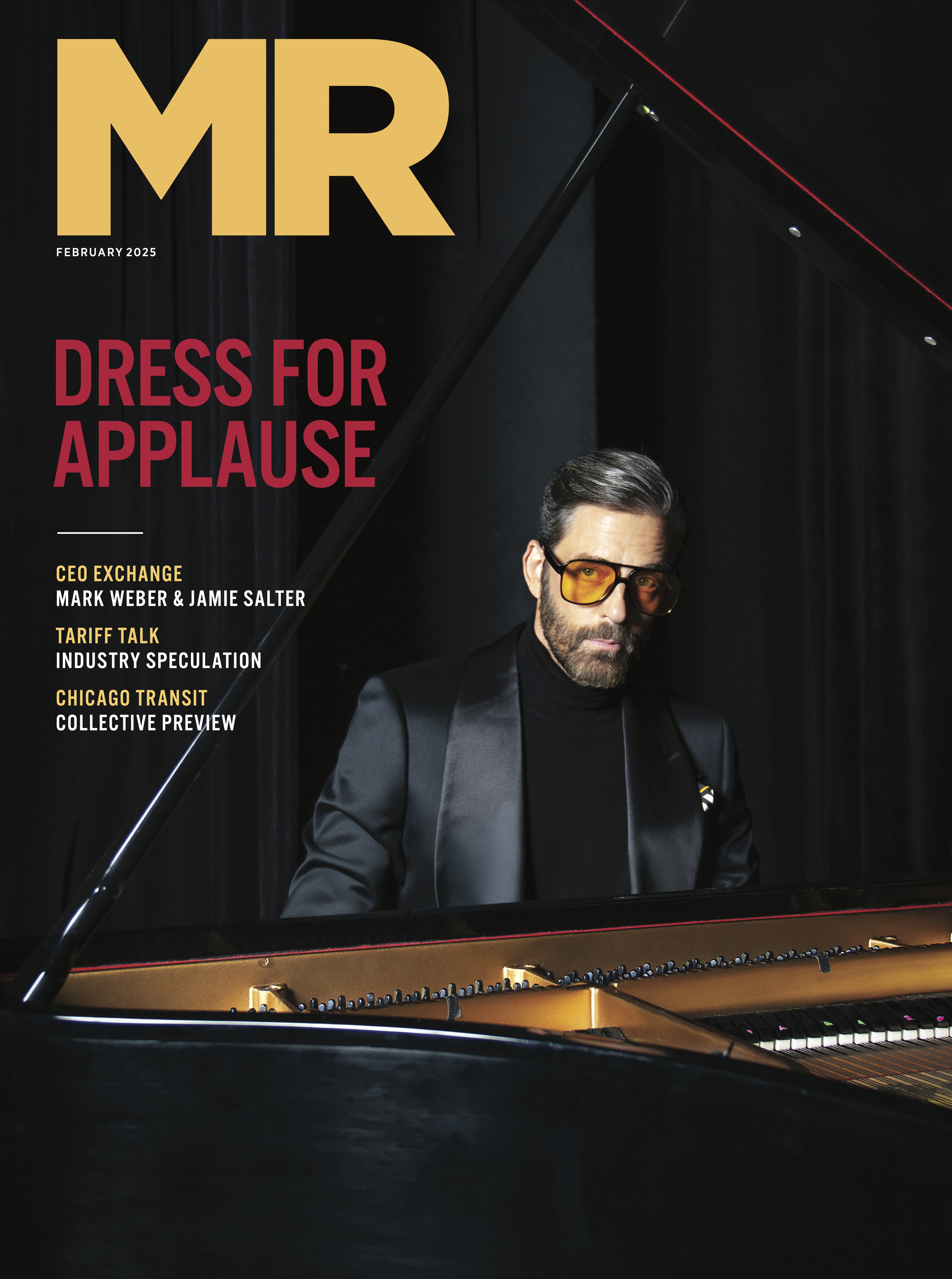Nike Is Facing A New Wave Of Anti-Sweatshop Protests

Nike is one of the business world’s shining examples of how to clean up an image: In the 1990s, the company was plagued by reports that it used sweatshops and child labor. Pressure grew until 1998, when Nike cofounder Phil Knight publicly committed to changing the company’s practices, and Nike spent the next decade doing just that. Now, Nike’s sweatshop problem is threatening a comeback. On July 29, students and activists around the world participated in a day of protest against Nike, organized by United Students Against Sweatshops (USAS). The demonstrations, in cities such as Boston, Washington D.C., Bangalore, and San Pedro Sula in Honduras, represented an escalation of allegations against Nike that have been slowly bubbling up. Among them are claims that workers at a Nike contract factory in Hansae, Vietnam, suffered wage theft and verbal abuse, and labored for hours in temperatures well over the legal limit of 90 degrees, to the point that they would collapse at their sewing machines. Nike is also accused of cutting jobs at the Hansae factory and pulling production from a factory in Honduras with a strong union presence, resulting in hundreds of workers losing vital jobs. The company has also allegedly denied the independent monitoring group Worker Rights Consortium (WRC) access to inspect its contract factories. The WRC was founded in 2000 by universities, international labor rights experts, and student groups, including USAS, to ensure that products bearing university logos were made under conditions that respected workers’ rights. (The organization says it had no part in the USAS protests.) Read more at Quartz.

